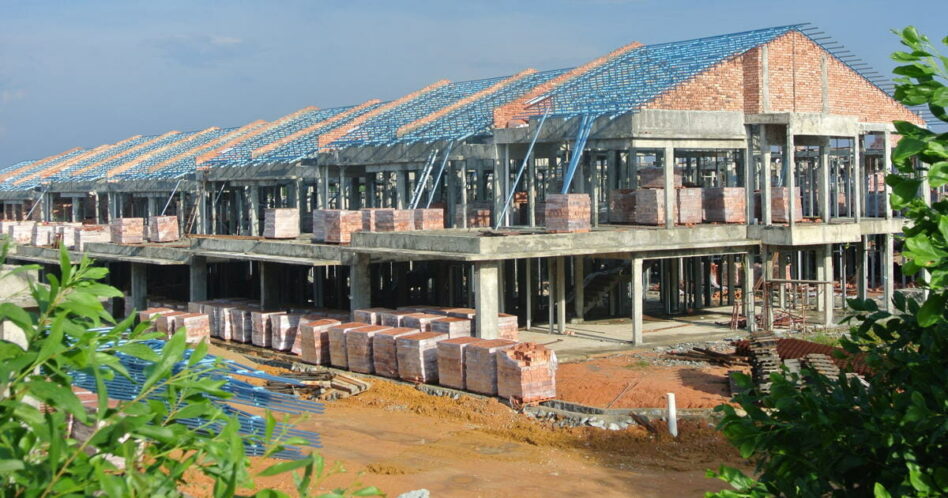ACCORDING to consulting firm Mercer Inc’s Total Remuneration Survey 2020, Malaysia is estimated to experience a 4.5% decline in salary increment next year.
The percentage is based on the country’s gross domestic product (GDP) which is expected to contract between 3.5% and 5.5% in 2020 and inflation projected to be at 0.5% in 2021 compared to -1.2% in 2020.
Mercer’s consulting leader for Malaysia Koay Gim Soon said that across the industries surveyed, increments for high tech, consumer goods, life sciences and chemical industries remained relatively stable.
Koay also said the salary increment in the high-tech industry is reflective of the growth in demand seen for technology due in part to the massive shift to remote working and related digital transformation efforts of businesses as well as general stable demand for consumer goods.
“It’s not surprising that lifestyle retail recorded a drop, given the change in consumer consumption patterns, lower spending capacities and reduced leisure activities as a result of the pandemic.
“However, it is important to note that the impact within industries may be uneven. In consumer goods, for example, consumer durables and beverages like alcohol, have come under immense pressure which may impact salary increments in harder hit sectors,” he explained.
A survey by the human resource company also showed that 14% of companies would freeze pay increments next year, highlighting that this would be the first time in four years that overall salary increment dipped below 5%.
Problems with increments
Even on normal terms, employees tend to look forward to a salary increment in the beginning of the year. However, with the pandemic raging on, the chances of Malaysia’s economy doing well enough for a promising wage increment for local workers is looking bleak.
Even back in 2018, salary increment has never gotten higher than 5% with Aon’s Total Compensation Measurement (TCM) Survey revealing that the overall headcount growth within companies had remained relatively flat across all industries with none exceeding 3%.
Commenting on the study, Wobb.co founder Derek Toh said recruitment activities had increased by end-2017 with the telecommunications, healthcare, professional services, financial and technology sectors being the better paying employers.
He added those in the retail and manufacturing industry would not see much increments as employers in those sectors are cautious over their expenditure. – Nov 20, 2020










